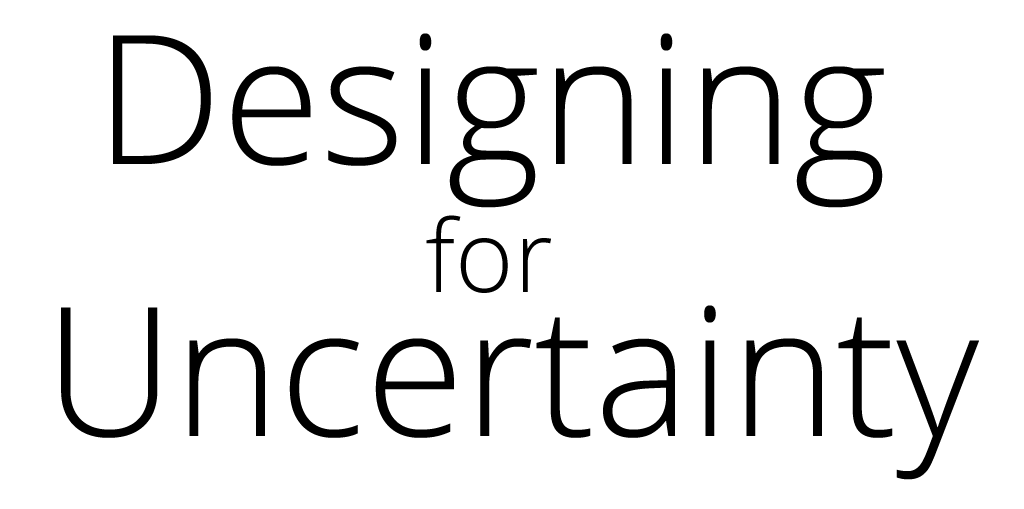
✅Read about it here on our blog ➜ https://bit.ly/2IxnZqKGoDaddy
A code of ethics and professional conduct outlines the ethical principles that govern decisions and behavior at a company or organization. They give general outlines of how employees should behave, as well as specific guidance for handling issues like harassment, safety, and conflicts of interest.
Beyond describing details as to what the professional shall or shall not do, the code also describes how problems are approached and solved, decisions are made, standards are upheld, and how you put your values to work in your business.
Why have a Code of Ethics?
Is a code of ethics really important for your business to have? At what point should you get one? You may be wondering this, especially if you work for a smaller business or organization.
You want to trust service providers and believe they will treat you fairly, communicate honestly, charge you appropriately, and deliver work meeting professional standards and your expectations
A code of ethics is important because it helps employees or organization members make decisions that are in line with company values in the absence of a clear rule or direct supervision. A code of ethics can improve decision-making at a business, and make it easier for employees to be autonomous.
Why should web professionals care?
Legal standards around websites are evolving daily, as issues are taken to court and resolved, and as legislation is introduced. All web professionals should strive to promote our industry as one that is honest, trustworthy, sensitive to legal issues, and willing to be held accountable to acceptable standards of conduct.
Why should clients care?
In the case of web design, clients are putting their reputation on the line, and engaging with the wrong person can have a catastrophic effect on one’s business and reputation.
What to consider in setting your own code of ethics
Think about expectations you have of other professionals, and you’ll realize many of them also apply to web designers and developers.
What you will / won’t do while acquiring and managing clients?
What you will / won’t do when designing, developing, and maintaining sites?
How will you work with clients to avoid unethical behavior on their part?
It’s not uncommon for web designers to handle numerous administrative details on the part of clients — often perceived as a willingness to “protect” them from having to deal with the nitty-gritty details.
And yet this could be a direct conflict with the popular advice that clients maintain ownership of products and services to avoid issues. No matter how much you prepare, you will encounter situations you had not anticipated.
As a fairly unregulated industry, web pros are not generally held accountable to a formal Code of Ethics. As there is not one universal code currently in place, why not articulate your own?
Once you take the time to create your personal Code of Ethics, be sure to work it into your collateral:
Add a page or section to your website. Check out my website as an example.
Add information to your proposals.
Reiterate key concepts in your contract.
You’ve refined what you stand for. Now put it to work, confident that you’re better serving clients, living your values, and bumping up the overall level of legitimacy of the web profession.
The Journey is what everyday entrepreneurs, like you, need to follow in the pursuit of online success. Our experienced GoDaddy Guides are here to take you through all the steps, both big and small, that you encounter every day.
———-
Watch other videos: https://bit.ly/30nBpJ8
Subscribe: http://bit.ly/GoDaddy-Subscribe
Website: https://www.godaddy.com
Facebook: https://www.facebook.com/GoDaddy
Twitter: https://twitter.com/godaddy
Instagram: https://www.instagram.com/godaddy
———-
#ethics #webdesign #business
